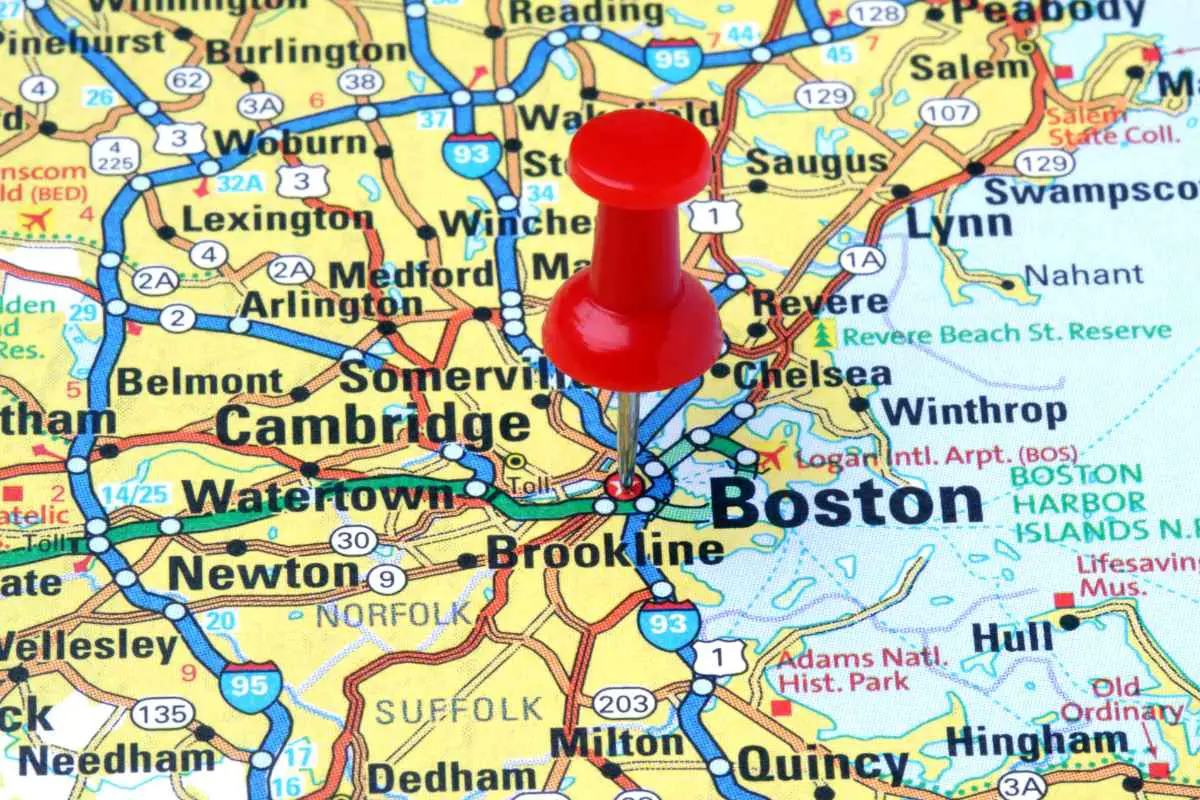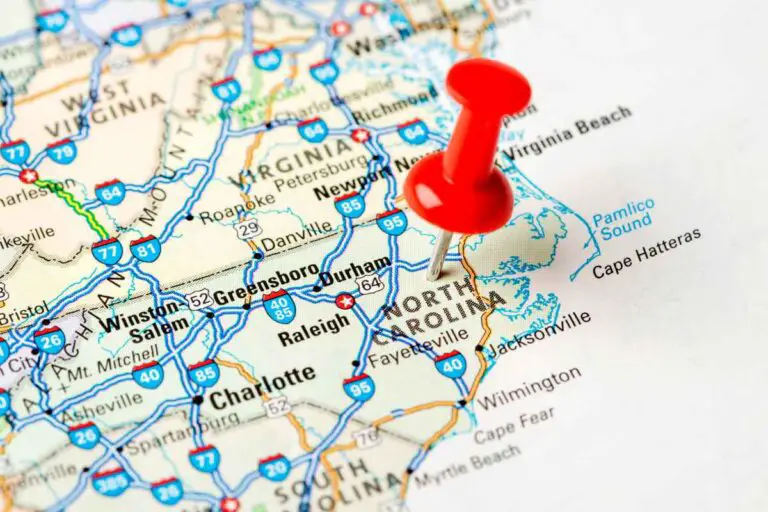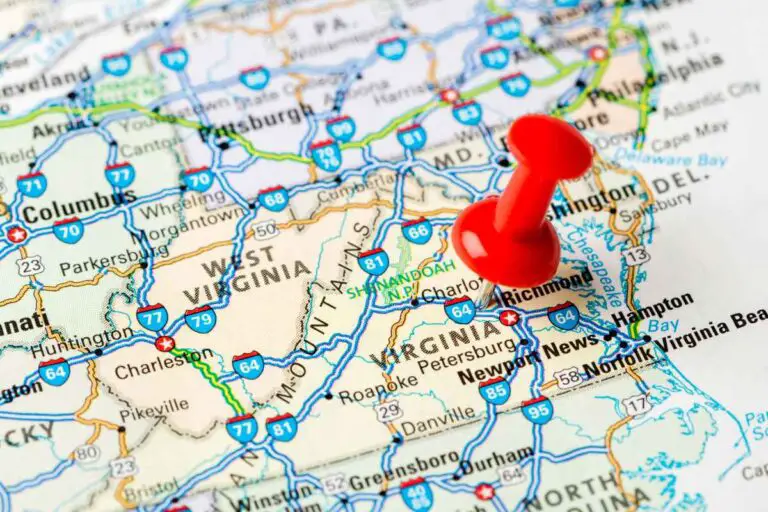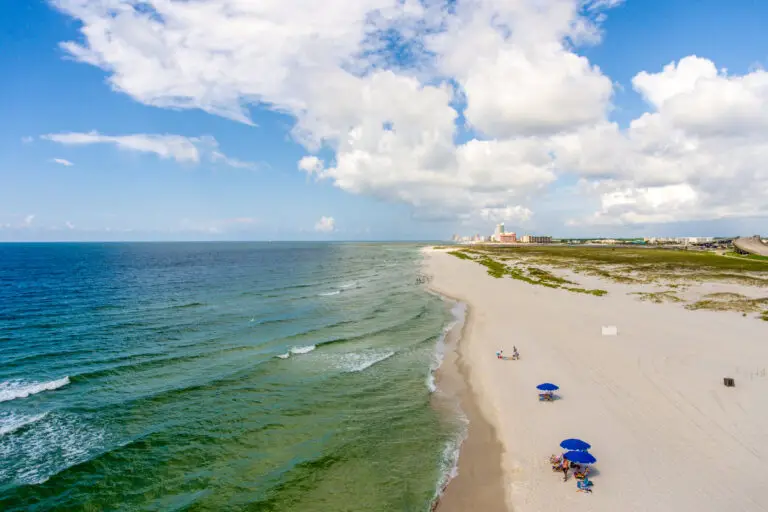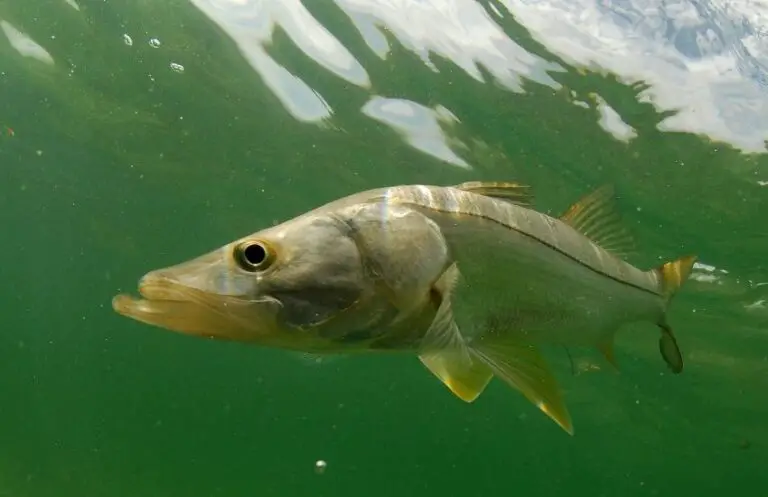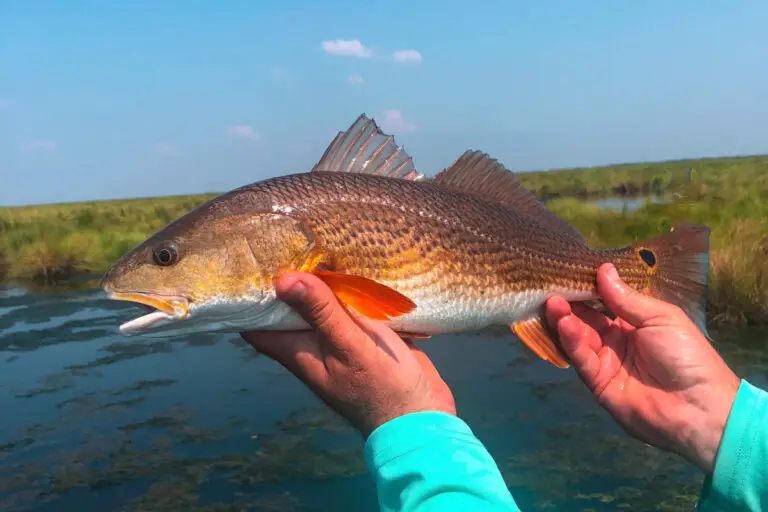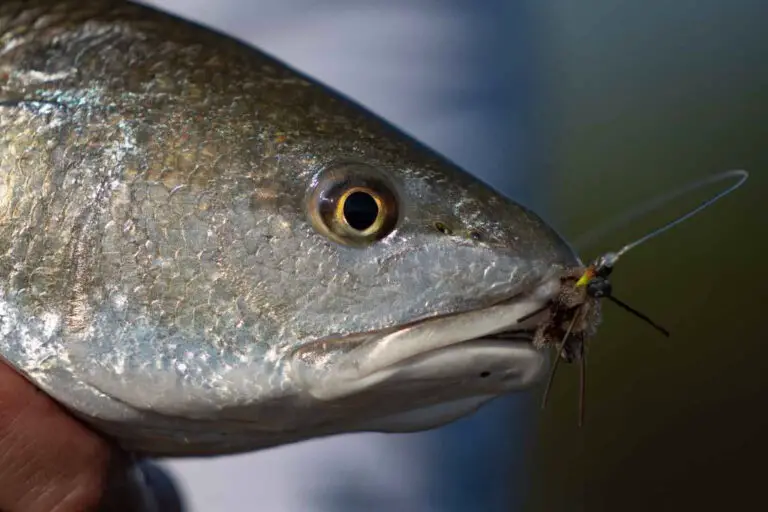Get Your Massachusetts Fishing License in No Time with These Fast and Simple Steps
Estimated reading time: 11 minutes
Are you getting ready for an exciting fishing trip in Massachusetts? Well, before you start reeling in the big catch, it’s crucial to have a good grasp of Massachusetts fishing licenses and permits. In this guide, we’ll cover all the essentials, from Mass saltwater fishing licenses and freshwater fishing licenses to Massachusetts saltwater fishing permits.
By ensuring you have the right permits, you’ll not only explore the picturesque fishing spots that Massachusetts has to offer but also play your part in preserving its aquatic resources for generations to come. So, let’s dive in and get ready for an unforgettable fishing adventure!
Massachusetts Fishing License Overview
To go fishing in Massachusetts, you will need to have a valid fishing license. Fishing licenses are issued by the Massachusetts Division of Marine Fisheries (DMF) and can be purchased online or from authorized vendors.
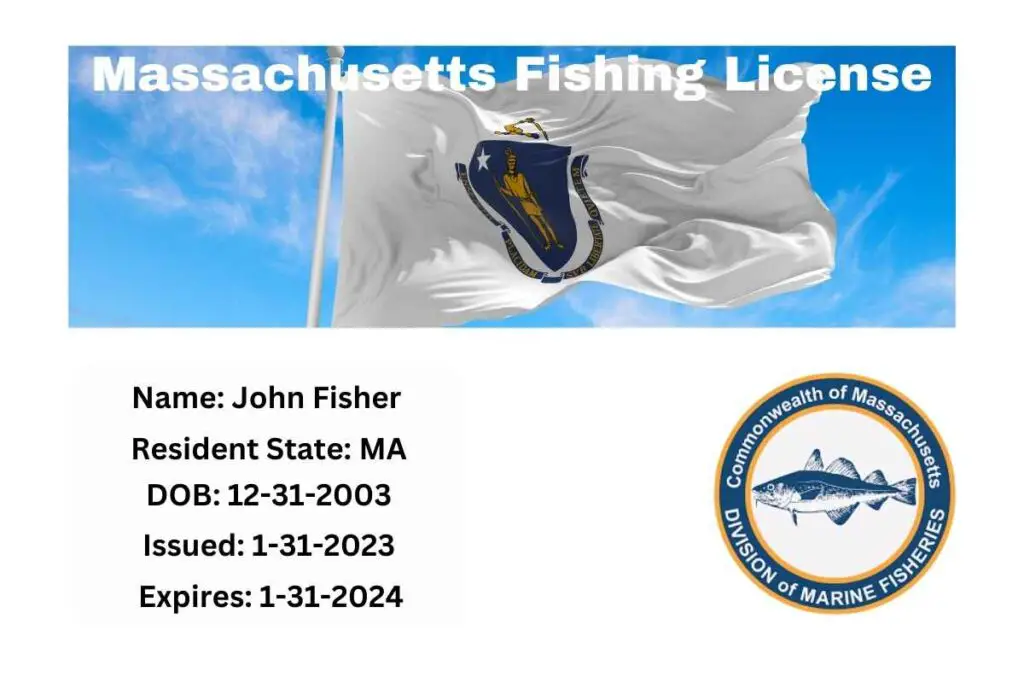
Who Needs A Permit?
- Anglers ages 16-59 need a Massachusetts recreational saltwater fishing permit or a permit from a state with a reciprocity agreement.
- Reciprocity agreements exist with New Hampshire, Rhode Island, Connecticut, and Maine.
- Anglers over 60 need a free permit when fishing from a private vessel or from shore.
- All recreational anglers on a private vessel 6 and older must have an individual permit.
Who Does Not Need A Permit?
- Anglers under 16.
- Anglers on permitted for-hire vessels.
- Anglers who meet the definition of a disabled person.
- Highly Migratory Species (HMS) permit holders fishing only in federal waters do not need a Massachusetts permit, unless they transit, fish, or land highly migratory fish in Massachusetts.
Where Can You Fish With Your Permit?
- The permit covers Massachusetts marine waters and federal waters from 3 nm out to 200 nm.
- Separate permits are required for recreational shellfishing and lobstering.
- You can harvest green crabs recreationally with a letter of authorization from the Division of Marine Fisheries.
- National Saltwater Angler Registry (NSAR) is no longer required.
- The permit expires each year on Dec. 31 and must be renewed annually.
Types of Licenses
When it comes to fishing in Massachusetts, there are two license options: freshwater and saltwater. The freshwater license covers inland waters, while the saltwater license is for fishing in the ocean and coastal areas.
But wait, there’s more! Along with the basic license, you’ll find a range of permits and stamps tailored to specific fishing activities like lobstering or crabbing. Just keep in mind that some of these may come with extra fees.
So, whether you’re casting your line in a tranquil lake or setting sail for the open sea, make sure you have the right license and any necessary permits to fully enjoy your fishing adventures in Massachusetts.
Resident vs Non-Resident Licenses
Residents of Massachusetts can purchase fishing licenses at a lower cost than non-residents. To be considered a resident, you must have lived in Massachusetts for at least six consecutive months prior to purchasing your license.
Non-residents can purchase fishing licenses for shorter periods of time, ranging from one day to one year. However, non-residents will pay a higher fee for their license than residents.
Overall, having a fishing license is essential for anyone planning to fish in Massachusetts. Make sure to purchase the appropriate license for the type of fishing you plan to do and whether you are a resident or non-resident.
Lifetime Fishing Licenses
If you plan to fish in Massachusetts for many years to come, you may want to consider purchasing a lifetime fishing license. Lifetime licenses are available for both freshwater and saltwater fishing and can be purchased for individuals of all ages.
Lifetime licenses are more expensive than annual licenses, but can be a good investment for frequent anglers. Plus, you won’t have to worry about renewing your license each year.
How to Obtain a Mass Saltwater Fishing License
How to Purchase a License
If you plan on fishing in the marine waters of Massachusetts, including those that flow up to 3 nautical miles from the coastline, you will need to obtain a recreational saltwater fishing permit. Here are the steps you can take to get your permit.
Online Purchasing
One of the easiest ways to obtain a saltwater fishing permit is through the MassFishHunt website. You can purchase and print your fishing permit online using a debit or credit card. Here’s how:
- Visit the MassFishHunt website and create an account.
- Select the yellow button “Get Started” from the header and choose “Login” or “Sign up”.
- Follow the prompts to enter your personal information and payment details.
- Print your permit or save it to your smartphone.
In-person
If you prefer to obtain your permit in-person, there are several options available to you.
- You can visit a license agent location, a MassWildlife office, or a permit vendor. Here’s what you need to know.
- MassWildlife License Sales Offices and Agents: These offices provide the convenience of purchasing your license directly from the Massachusetts Division of Marine Fisheries. Please note most types of fishing and hunting license may be purchased online through MassFishHunt.
By Phone
If you prefer to purchase your permit by phone, you can do so by calling the MassWildlife licensing division at (617) 626-1590. Payment options include credit card or check.
Remember, there is no cost difference for residents and non-residents for a saltwater fishing permit. If you are 60 years or older, you do not need to pay for a permit, but you still need to obtain one. With these simple steps, you can obtain your Mass saltwater fishing license and enjoy a day out on the water.
How To Print Or Re-Print Your Fishing License
You can easily print or re-print your fishing or hunting licenses and permits through MassFishHunt:
- Log into MassFishHunt to access your licenses and permits.
- You can print paper copies of the following documents:
- Freshwater fishing license
- Recreational saltwater permit
- Recreational lobster permit
- Sporting license
- Hunting license (and associated permits or stamps)
Mass Saltwater Fishing License Fees
When it comes to getting a saltwater fishing permit in Massachusetts, there are a few fees you need to be aware of. Here are the details:
- Permit Fee: To get a saltwater fishing permit, you’ll need to pay a fee of $10 if you’re a resident or non-resident angler. However, if you’re 60 years old or older, you can get the permit for free.
- Service Fee: If you buy your permit online, you’ll need to pay an administrative fee of $1.45 per license, plus a 2% convenience fee on the total transaction. If you buy your permit in person, you’ll need to pay the same administrative fee, plus an agent fee of up to $1.50.
- Fishing Piers: The money from permit fees goes towards improving recreational saltwater fishing in Massachusetts. This includes developing and maintaining large fishing piers, as well as funding small projects that improve or repair existing access sites.
- Artificial Reefs: Permit fees also fund the deployment of dedicated recreational artificial reefs. These reefs provide habitat for fish and other marine species, which can help improve the overall health of the ecosystem.
- Wildlands Conservation Stamp: If you’re a non-resident angler, you’ll need to purchase a Wildlands Conservation Stamp for $5. This stamp helps fund conservation efforts in Massachusetts, including the protection of wildlife habitats and the preservation of natural resources.
| License Type | Resident | Non-resident |
|---|---|---|
| Freshwater Fishing | $29.50 | $39.50 |
| Freshwater Fishing (Age 15–17) | FREE | $7.10 |
| Freshwater Fishing (Age 65–69) | $14.75 | – |
| Freshwater Fishing (Age 70 or over) | FREE | – |
| Saltwater Fishing | $10.00 | – |
| Saltwater Fishing (Age 60 and over) | FREE | – |
| Sporting | $54.00 | – |
| Sporting (Age 65–69) | $27.00 | – |
| Sporting (Age 70 or over, includes trapping) | FREE | – |
| Sporting (Resident/Non-resident, Paraplegic) | FREE | – |
| Hunting | $29.50 | $101.50 |
| Hunting (Age 15–17) | $6.50 | – |
| Hunting (Age 65–69) | $14.75 | – |
| Hunting (Resident/Non-resident, Paraplegic) | FREE | – |
| Hunting (Non-resident, age 15 and over, Big Game) | – | $101.50 |
| Hunting (Non-resident, age 15 and over, Small Game) | – | $67.50 |
| Trapping | $34.00 | – |
| Trapping (Age 12–17) | $6.50 | – |
| Trapping (Age 65–69) | $17.00 | – |
| Trapping (Non-resident Permit) | – | $206.00 |
| Fur Buyer Permit (Resident) | $36.00 | – |
| Fur Buyer Permit (Non-resident) | $96.00 | – |
| Wildlands Stamp | $5.00 | $5.00 |
| Antlerless Deer Permit (Resident) | $10.00 | $15.00 |
| Archery Deer Season Stamp (Resident) | $10.00 | $15.00 |
| Primitive Firearms Deer Season Stamp (Resident) | $10.00 | $15.00 |
| Bear Permit (Resident) | $10.00 | $15.00 |
| Pheasant/Quail Permit (Resident) | $8.00 | $12.00 |
| Turkey Permit (Resident) | $10.00 | $15.00 |
| Massachusetts Waterfowl Stamp (Resident) | $10.00 | $15.00 |
Overall, the fees for getting a saltwater fishing permit in Massachusetts are reasonable, and the money from permit sales goes towards improving the recreational fishing experience for everyone. Whether you’re a resident or non-resident angler, getting a permit is a small price to pay for the opportunity to fish in some of the best saltwater fishing locations in the country.
Exceptions and Special Licenses
- Minors under 16 years old are exempt from needing a fishing license for both freshwater and saltwater fishing.
- Seniors aged 70 and older are eligible for a free lifetime fishing license, including trapping.
- The Quabbin One Day Freshwater Fishing license allows anglers to fish in specific areas for a single day at a cost of $5.00.
These exceptions and special licenses make fishing in Massachusetts more accessible and cater to different age groups and locations.
Massachusetts Free Fishing Days
- Free Fishing Weekend in Massachusetts for freshwater fishing is on June 3-4, 2023.
- No license is needed to fish in fresh water during this weekend.
- Fishing is allowed in public lakes, ponds, reservoirs, streams, and rivers.
- Other than Free Fishing Weekend, a license is required for freshwater fishing for individuals aged 15 or older.
- Licenses are always free for individuals aged 15-17 and 70 and older.
- All other fishing regulations, including catch limits, still apply during Free Fishing Weekend.
- Saltwater anglers have a separate Free Saltwater Fishing Weekend on June 17-18.
Mass Saltwater Fishing Regulations
If you plan on fishing in Massachusetts, it’s important to be aware of the state’s saltwater fishing regulations. Here are some key regulations you should keep in mind:
Size and Possession Limits
Massachusetts has size and possession limits for many types of fish. These limits are in place to help maintain healthy fish populations. It’s important to check the current regulations before you go fishing, as they can change from year to year.
For-Hire Vessels
If you plan on fishing on a for-hire vessel (such as a charter or head boat), different regulations may apply. For example, the vessel may have its own possession limits or size restrictions. Be sure to check with the vessel operator before you go fishing.
Reciprocity Agreements
Massachusetts has reciprocity agreements with Rhode Island, Connecticut, and New Hampshire. If you possess a valid saltwater fishing license from any of these states, you can fish in Massachusetts without obtaining an additional license.
- New Hampshire: MA to NH and NH to MA
- Rhode Island: MA to RI and RI to MA
- Connecticut: MA to CT and CT to MA
- Maine: MA to ME only
It’s crucial to be aware of the specific regulations that apply to the area where you intend to fish. Make sure to check the current regulations to ensure compliance and an enjoyable fishing experience.
Public Access and Fishing Opportunities
If you’re interested in saltwater fishing in Massachusetts, it’s important to understand the various public access points and fishing opportunities available to you. Here’s a breakdown of the different options:
Coastline
Massachusetts has an expansive coastline, stretching from Cape Cod to Boston to Gloucester to New Bedford, and there are many public access points available for fishing. These access points include beaches, jetties, and other shoreline areas. Some of the most popular spots include Nauset Beach on Cape Cod, Revere Beach in Boston, and Good Harbor Beach in Gloucester.
When fishing along the coastline, it’s important to pay attention to local regulations and restrictions. Some areas may have specific rules regarding the types of fish you can catch or the equipment you can use.
Fishing Piers and Artificial Reefs
If you’re looking to expand your fishing horizons, Massachusetts has more than just its picturesque coastline to offer. Fishing piers and artificial reefs dot the state, providing fantastic opportunities for anglers like yourself.
These structures are strategically placed to attract fish, ensuring a fruitful trip. Among the popular fishing piers are the Salem Willows Pier and the Plymouth Town Pier, both known for their productive fishing spots.
Artificial reefs are a hidden gem for avid anglers seeking diverse fish species. These reefs consist of sunken ships, concrete structures, and other materials that create a thriving fish habitat.
When it comes to artificial reefs, you can’t go wrong with the renowned Stellwagen Bank National Marine Sanctuary or the Cape Ann Artificial Reef.
Freshwater Fishing
If you’re interested in freshwater fishing, Massachusetts has plenty of options available as well. The state has over 3,000 lakes and ponds, as well as numerous rivers and streams. To fish in freshwater in Massachusetts, you’ll need to obtain a freshwater fishing license.
Some of the most popular freshwater fishing spots in Massachusetts include the Quabbin Reservoir, Lake Winnipesaukee, and the Connecticut River. When fishing in freshwater, it’s important to pay attention to local regulations and restrictions, as some areas may have specific rules regarding the types of fish you can catch or the equipment you can use.
Overall, Massachusetts offers a wide range of public access points and fishing opportunities for anglers. Whether you’re interested in saltwater fishing along the coastline, fishing from a pier or artificial reef, or freshwater fishing in one of the state’s many lakes or rivers, there’s something for everyone.
Frequently Asked Questions
Yes, anyone who is 16 years or older is required to have a saltwater fishing permit to fish in Massachusetts.
There is no cost difference for residents and non-residents. Although there is no fee to anglers 60 years and older, you must still get a permit.
You can get a saltwater fishing permit in Massachusetts by purchasing it online or by mail. You will need to provide your personal information and a debit or credit card if purchasing online.
If you lose your saltwater fishing permit in Massachusetts, you can request a replacement online or by mail. There is a fee for a replacement permit.
A saltwater fishing permit in Massachusetts is valid for the calendar year in which it is issued.
Yes, there are some exemptions to the saltwater fishing permit requirement in Massachusetts. Anglers under 16 years of age do not need a permit, and anglers 60 years of age or older do not need to pay a fee for the permit.
Massachusetts has saltwater fishing reciprocity agreements with New Hampshire, Rhode Island and Connecticut. However, it is always best to check with the state’s fishing regulations before fishing in another state.

